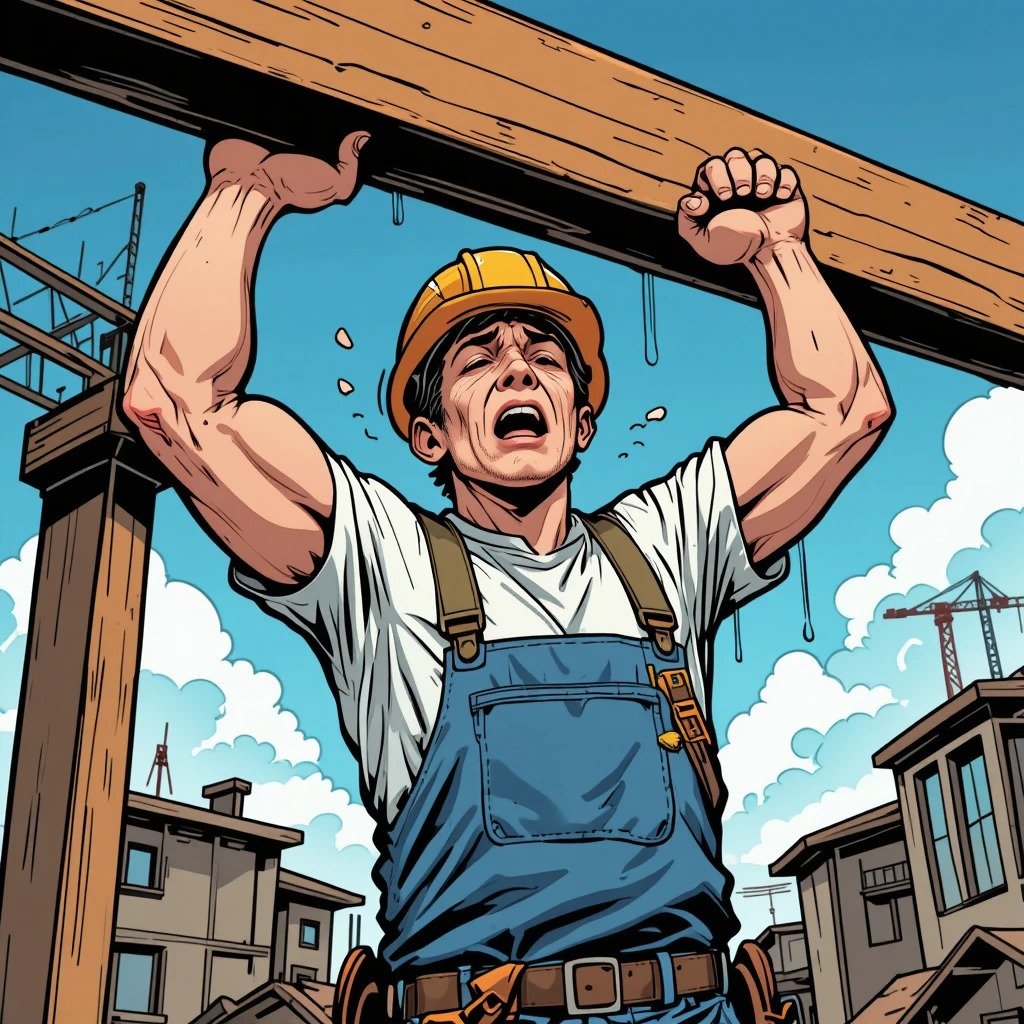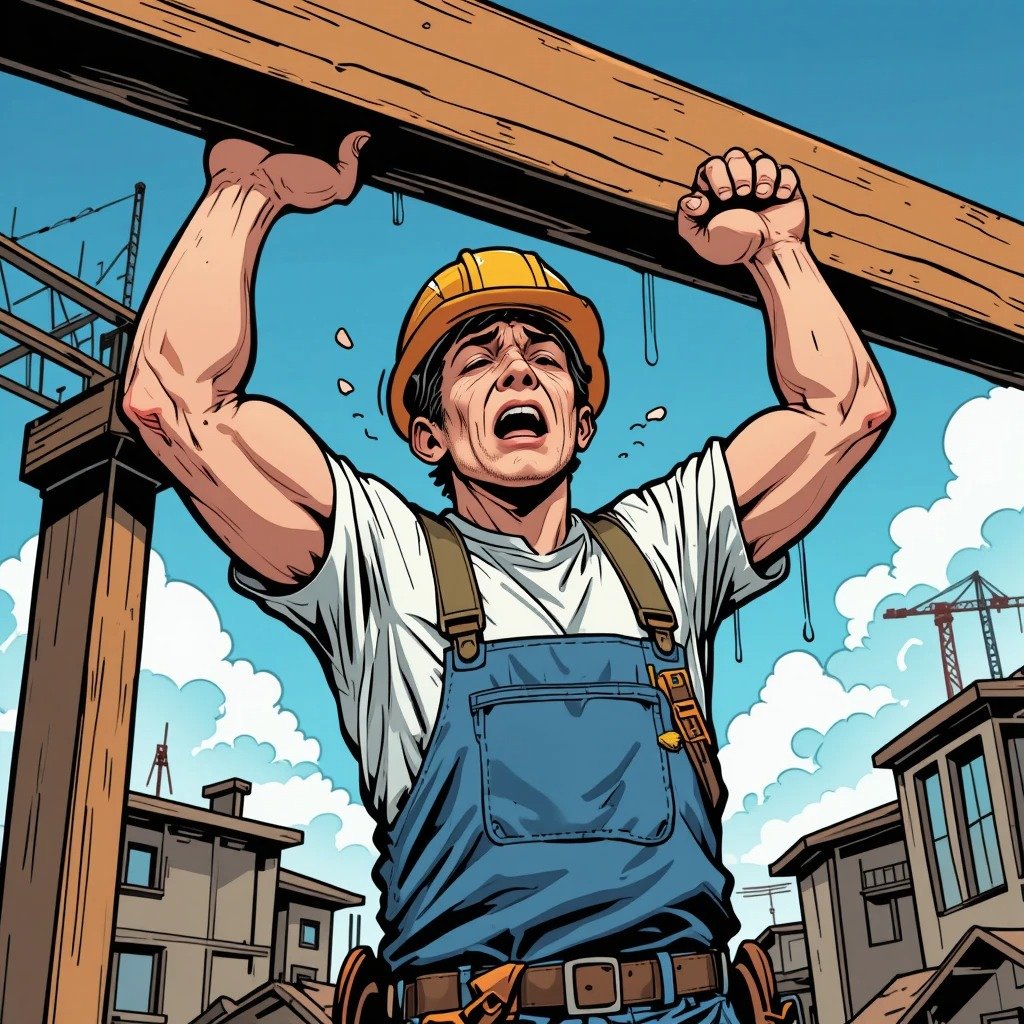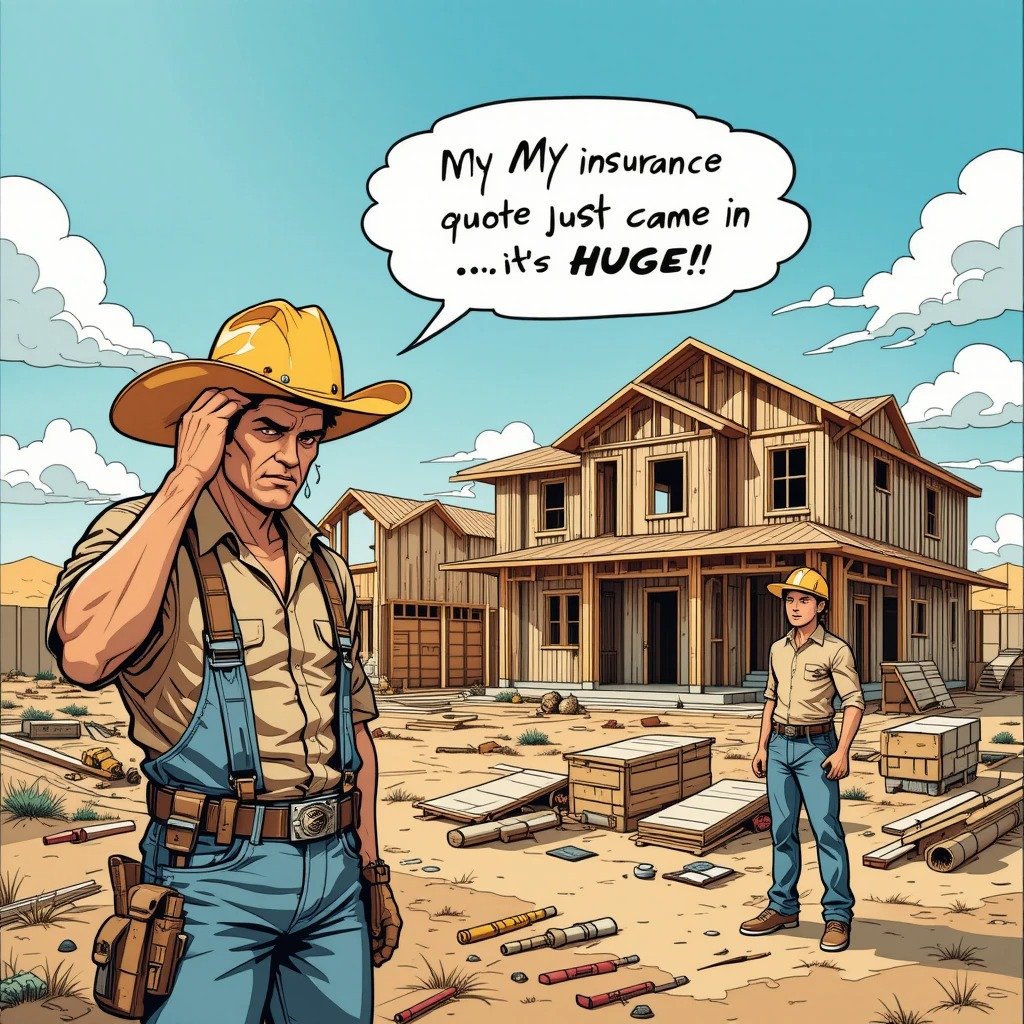Texas Workers' Compensation Insurance: What Business Owners Need
Starting and running a business in Texas is not a small feat. Whether you are a contractor working on a new construction project in Houston, owning a delicious taxpayer in Austin, or owner of a local salon in Dallas, there is a lot on your plate. One of the most important aspects of your business and employees is to make sure you have the right insurance – especially workers’ compensation insurance.
If you are wondering if Texas workers’ compensation insurance you need, you are in the right place. In this article, we will break the commercial owners located in Texas what they should know about the completion of the work, which they need, who is exempt, and that is why your business must be successful.
What is the workers’ partner?
Before we delve into the specifics, it is essential to ensure that we have a shared understanding. Workers’ compensation is a form of insurance that offers financial and medical support to employees who are injured or become ill as a result of their work.

Medical expenses: visit a doctor, hospital stay, surgery, medicine, and more costs.
Wages Change: If an employee cannot work due to injury, a partial alternative to wasted wages.
Benefits of Disability: If the injury results in a long -term disability, the workers can pay compensation.
Benefits of Death: If an employee dies as a result of a workplace injury, his family
2. Public employer:
Required by Law: For government agencies (such as city or state agencies) in Texas, workers are required. This means that if you are running a business as part of the government or as a public institution, you have to provide this coverage.
3. The sole owner and partner:
You are exempt, but it’s your choice: If you are the sole owner or partner in a business, you do not need to pay workers for yourself. However, if you employ others, you may need to provide coverage for your employees. If you decide to add workers’ components for yourself, this is also an option.
Who is exempt from Workers’ Companion Insurance in Texas?
Although many Texas businesses do not need to be compensated by law workers, some are exempt from coverage. Here are a few key exceptions:
1. Small business with less than 3 employees:
If you have a small business with less than three employees, you will not need to buy workers’ compensation coverage. However, once you hire your third employee, you need to provide legally coverage.
2. Agricultural employer:
If you are an agricultural employer (for example, owner of a farm or field), you may be exempt from workers’ compensation rules. However, if you employ non -family members in specific characters, you still need to consider workers’ compensation insurance to protect them.

3. Independent contractor:
If you hire independent contractors, you usually do not need to provide workers’ compensation insurance for them. Keep in mind that Texas law has strict guidelines to determine who is eligible as an independent contractor than the employee. Incorrect classification of employees as an independent contractor can cause legal issues.
4. Employer with “special treatment” reservations:
In Texas, some businesses are eligible for a special immunity called “special treatment” protection. This usually applies to large -risk large companies, such as construction business. Special treatment means that the compensation of workers is the only way that employees can get compensation for the workplace injuries, so you have to make sure you are following the law.
What are the benefits of workers’ infrastructure insurance?
If you are not yet convinced whether workers’ compensation is worth investing insurance, then here are some of the key benefits that can help you decide:
1. Financial protection for your business:
There may be injuries, no matter what industry. If any of your employees suffer, the workers’ compensation protects you from pockets for medical expenses, legal fees, or potential legalization.

2. Mental comfort for your employees:
Employees are likely to feel more safer and valuable if they know that their health and fitness are under the compensation of workers’ compensation insurance. When you have coverage, you show your employees that you are determined to protect them.
3. Reduced legal risks:
Without workers’ compensation insurance, the injured employee could possibly sue you for damages. Having workers’ compensation restricts your responsibility and can help prevent long and expensive legal battles.
4. Compliance with State Rules:
Although Texas does not order workers’ compensation for private businesses, if you choose to take it, it keeps you in good condition and ensures that you are following the state instructions. In addition, if your business grows and hires more employees, then in the future, workers’ camps will be a desired coverage.
How much does workers’ compensation insurance costs?
Workers’ compensation insurance costs vary based on numerous factors, including:
Industry: High -risk industries, such as construction, low risk industries, have more premiums than office work or retail.

Number of employees: The higher the more you have, the higher the premium.
Claim History: If your business has a history of workplace injuries or claims, your premiums may be higher.
Location: The area where your business runs can also affect prices.
In Texas, the premium in terms of the size and nature of your business can be from a few hundred to a few thousand to several thousand per year. To find the best coverage at the best price, it is a good idea to buy around and get prices from various insurance providers.
Examples of real -life: Texas construction business
Suppose you run a construction company in Dallas. Construction work is naturally dangerous with potential risks such as heavy machinery, high spaces, and unexpected weather. If one of your employees falls off the ladder and their leg is broken, the workers’ compensation will meet their medical bills and change some of their lost wages when recovering. Without workers’ compensation, you will be responsible for paying these expenses – and this can cause serious damage to your lower line.
What are some common misconceptions about workers’ infrastructure insurance?
There are many myths and misunderstandings about workers’ compensation insurance, which can make the decision to buy it vague. Here are some of the most common misconceptions:

1. “If I own a small business, I don’t need it.”
Although it is true that all small businesses do not need to take the workers’ camp insurance according to the law, the opting out can put you at risk of financial and legal consequences if an employee gets injured on a job.
2. “If I have a good safety method, I don’t need workers’ computing.”
Despite the best safety methods, accidents can still occur. If something is unexpected, workers’ compensation protects your business.
3. “Independent contractors come under the workers’ camp.”
This is not true. Independent contractors are not included under workers’ compensation insurance unless it is particularly included. Make sure you know the difference between an employee and an independent contractor.
4. “Workers’ compensation insurance is always expensive.”
Although costs may vary, it is important to remember that the complex provided by the protection workers may exceed the cost, especially if any injury or disease causes a significant financial loss.
Can you suggest a checklist to start with Workers Company Insurance?
Starting with workers’ compensation insurance may feel like a big job, but it doesn’t have to be great. Here is a checklist here to help you go on the right path:
1. Determine whether the workers are required:
Is your business in high risk industry (such as construction)? Consider receiving the workers’ camp coverage even if it is not needed.
Check the number of your employees. The business with more than three employees usually needs to take the workers’ camp insurance.

2. Understand costs:
Buy prices to compare prices.
Keep in mind the size of your business, industry and claims history.
3. Choose the correct coverage:
Understand the types of coverage you need (medical spending, wage change, disability benefits, etc.).
Decide whether you want to provide coverage for yourself as a owner.
4. Review the policy and sign it:
Review the terms and conditions of the insurance policy.
Make sure all employees are covered, and sign the policy to activate coverage.
5. Keep the record:
Maintain accurate records of employees’ injuries and claims.
Take an annual review of your policy and make sure it meets your needs.
Should you take the workers’ compensation insurance?
As a Texas business owner, it is finally dependent on whether you want to provide workers’ compensation insurance for your employees. But in most cases, this is a great decision. Coverage protects your employees, your business and your mental peace. It is always better to be ready for unexpected.
If you are not sure you need it or how to start, don’t worry. Reach Texas Business Insurance Provider like Texasbizinsurance.com. We can help you guide you in this process and find the right policy according to your business needs.
Next steps: Get your Texas workers’ compensation insurance today.
Now that you have better understood Texas workers’ compensation insurance, the next step is easy – take action. Protect your business and your employees by getting the coverage of your needs. Whether you are a contractor in Houston, own a food truck in Austin, or a salon in Dallas, we are there to help you visit the insurance world and make sure you have been covered.
Ready to start? Today, please contact us for free consultation and custom insurance coat at Texasbizinsuration.com.
